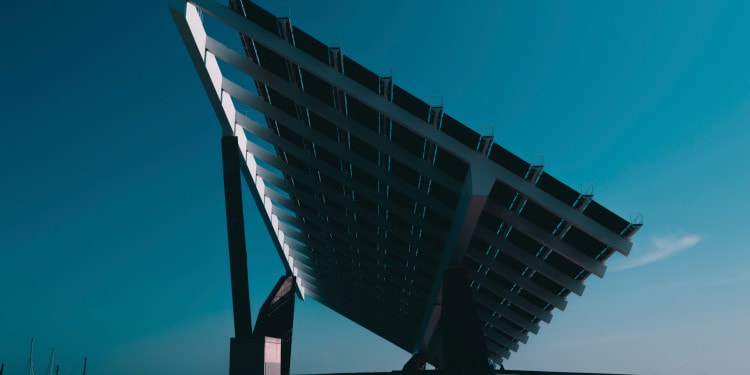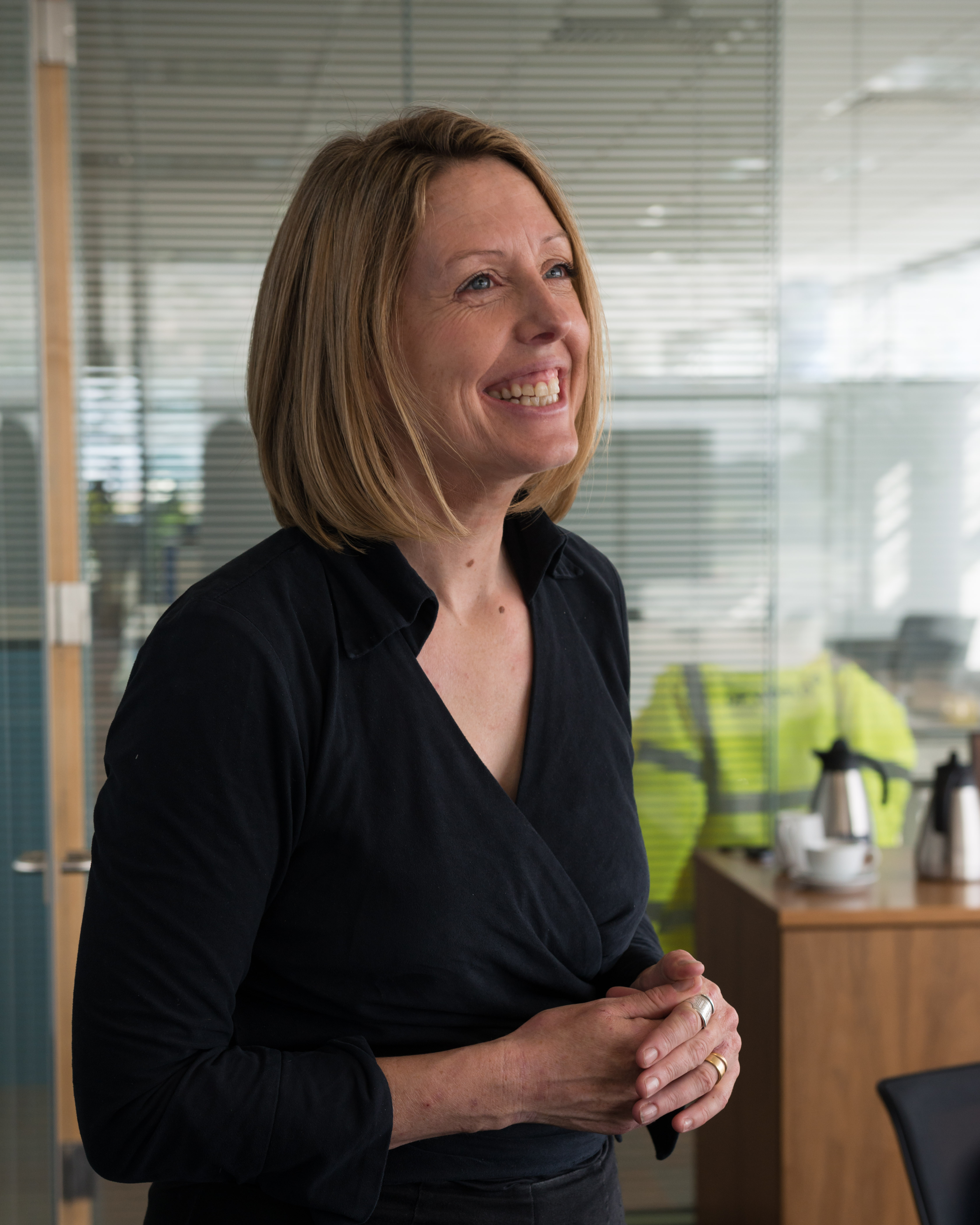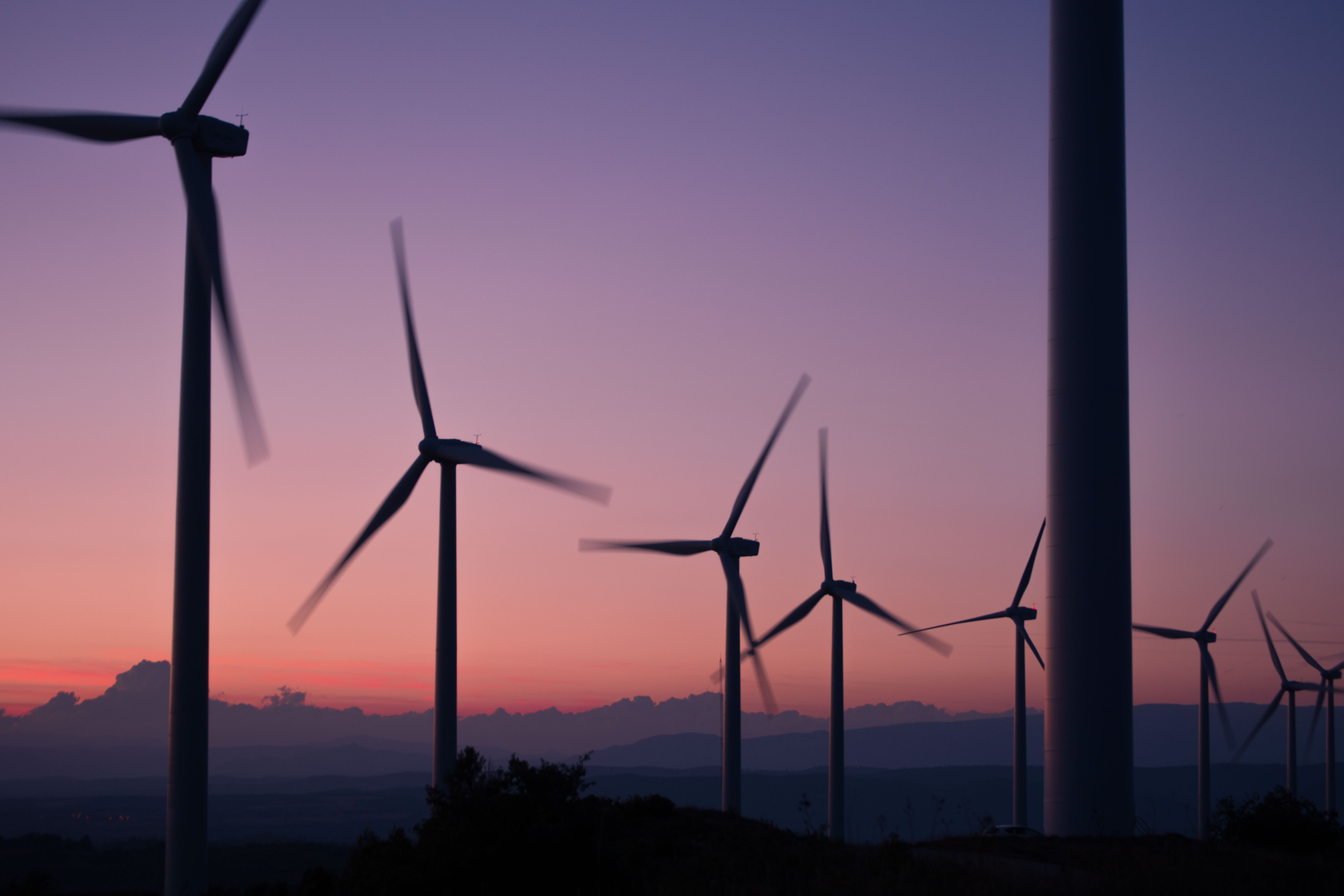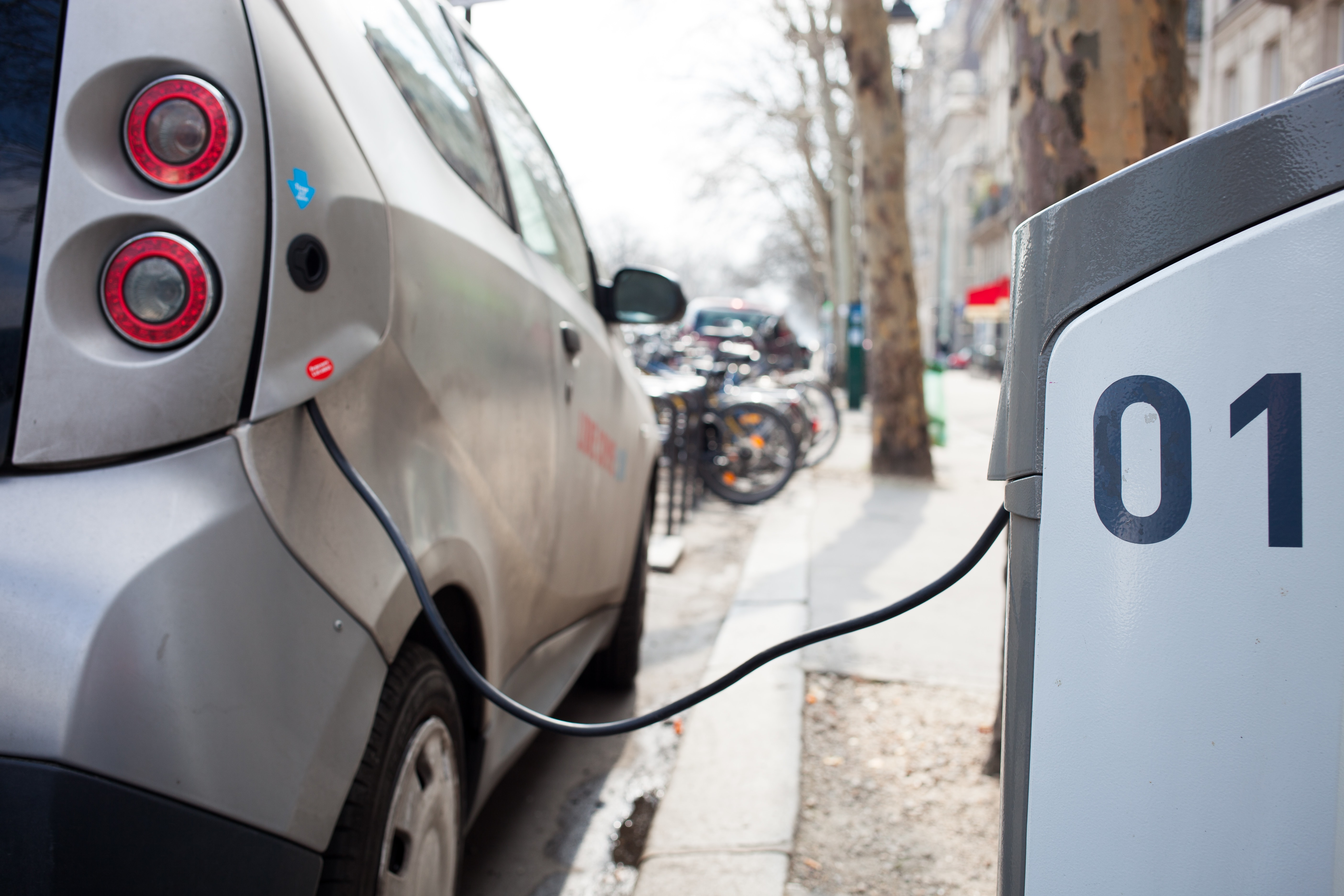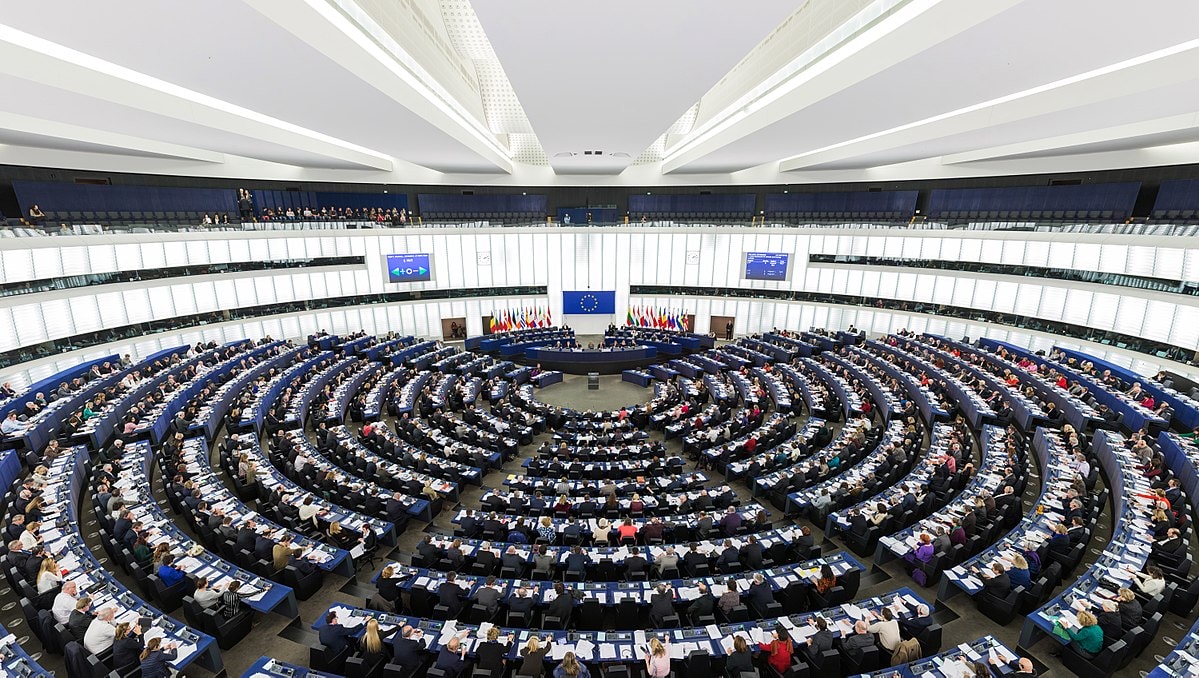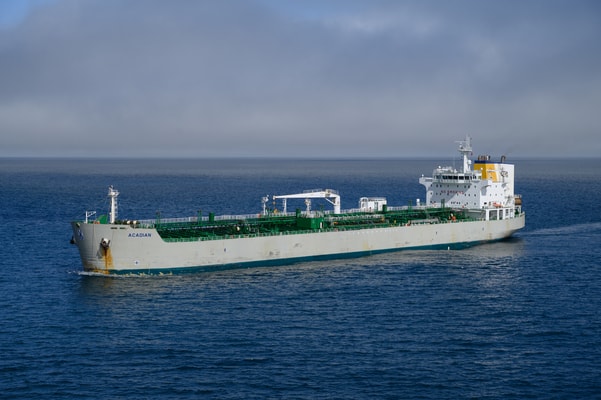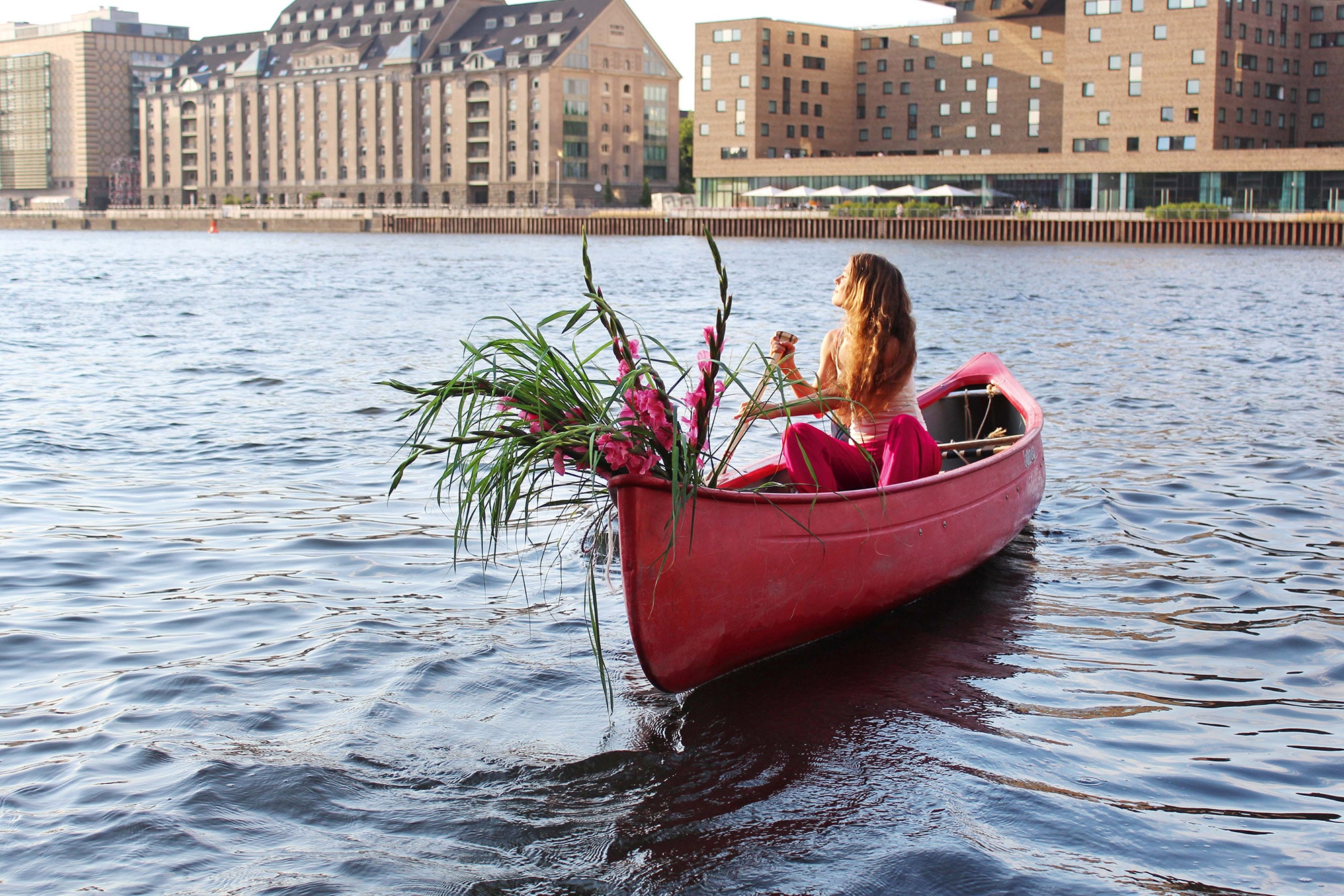One of the most important institutions working on climate change and the environment is the Environmental Defense Fund (EDF), headquartered in New York, and since March 2016, its European affiliate is headed by a young and very dynamic woman, Baroness Bryony Worthington, a leading expert on climate change, energy policy and carbon trading.
She joined EDF after a brilliant career in a wide range of organizations, from the British civil service where she helped draft the UK Climate Change Act 2008 to Friends of the Earth. She founded and managed the Sandbag Climate Campaign, a think tank based in London and Brussels, originally set up to scrutinize emissions trading in the EU and now working with key policy makers and business leaders to improve UK and EU climate change legislation. In 2011, she was appointed a life peer to the British House of Lords and has been a UK trustee at UNICEF.
Globally, EDF focuses on four key areas: climate and energy, oceans, ecosystems and human health. In Europe, the focus is on marine fisheries and clean energy. At the recent Sustainability Summit 2018 organized by the Economist in London, Baroness Worthington took the time to speak to Impakter’s editor about EDF and her work there. Here are the highlights of the conversation.
Q.When you arrived at EDF Europe, how did it feel? Did your past as an activist help you bring new ideas to EDF’s work?
Bryony Worthington: I found that arriving at EDF was actually a really good fit because of my experience in the private sector as well as working in the political sphere and the NGO sphere. EDF is a current example of a very professional organization that has the drive and passion of a NGO, but is very professionally run and efficient. It’s the best of both worlds.
I brought to them, I hope, a deeper understanding of the European context and it’s a great thing what EDF is doing, becoming more international. And I’m helping them chart their way through the complexity of Europe and all the political ways of making a difference here.
Q. What reforms is EDF working on and with what partners and where?
The key jurisdictions we’ve identified are those with the biggest impact on wild fisheries and that takes us to places like Asia and Europe. Other big regions we are active in are obviously North America, the US, Mexico, Chile, Indonesia and Japan.
We have people on the ground and what we work on there is sustainable fisheries policies, which are bringing in fisheries management practices that align economic incentives with environmental incentives. So that fishermen are encouraged to look after the stock that they fish from in the ecosystems that they rely on. By giving them a long-term stake in the fishery, you can harness that kind of natural desire to keep their business going for longer.
In the photo: Wind turbine in Rubió, Spain Photo Credit: Environmental Defense Fund
Q. In the area of climate change and healthy ecosystems and cleaner air in Europe, what is EDF proposing and promoting?
We’re doing some work at the moment on improving the awareness and knowledge about air quality pollution. We’re teaming up with scientists and planners to map out the sources of air pollution more accurately using a combination of mobile sensors and static sensors because since costs have come down so much now it’s possible for civil society groups in combination with academics to actually do their own assessments and then publish the data.
We’re hoping to do that in Europe and we’ve done it very successfully in North America to date and also in China. Our China team has been working on air quality and Beijing and other cities have really taken air quality seriously and started delivering results.
In the photo: Electric car charging stations in Paris Photo Credit: Environmental Defense Fund
Q. You welcome a diesel ban but is that enough?
I don’t think a ban will be the solution. I think we actually need to really be a bit more sophisticated than just singling out one particular type of mobility. It’s more about how
you create a market for zero emission vehicles and zero-emissions transport. I see what we’ve done so far with renewables in the power sector, introducing positive policies asking incumbents to do something differently. So we asked them to fulfill the quota for clean energy and I think we might have to do something similar to that for the transport sector because just waiting for the market to deliver is probably not enough.
We’ve got big companies who are really invested in the current status quo and we need to really give them some impetus to change.
Q. How does EDF plan to respond to America’s pulling out of the Paris Climate Agreement by 2020?
They haven’t pulled out yet. We still got an election to go through before that actually happens. They’ll pull out the day after the elections, which is great timing and I think we are responding really robustly to the current administration. The defense part of our name is being used a lot to push back on some of the efforts from Scott Pruitt and others to roll back regulations.
In terms of effects on the Paris agreement, what that’s done is galvanize everyone else into more action. So it’s hard to reverse effects. In some sense, the worst environment scenario would have been perhaps Trump saying, “you know what, this is a meaningless treaty and I’m going to stay in”. I mean, that wouldn’t have been cool. So he’s pulled out and I think it’s completely the wrong move. Hopefully it will be a temporary blip in US engagement on this issue.
In the photo: European Parliament Photo Credit: Wikipedia / Environmental Defense Fund
Q. On 17 January, you welcomed the European Parliament vote for a measure requiring the European Commission to focus on reducing methane, a powerful greenhouse gas, which is, as you said, “responsible for about a quarter of today’s planetary warming”. How do you plan to follow up on this, what concrete steps can we expect to see the Commission and EDF take?
Methane is really a big focus for us and the non-CO2 gases are often overlooked, but they’re hugely important. And the oil and gas sources of methane are some of the easiest to get out reductions because they’re usually cost effective and they’re pretty easy to fix and they’re easy to identify.
So we’ve spent a lot of time working with companies, with innovators and with scientists to track down and improve the way that we detect leaks. And then advocate for policies that can create a framework for tackling this problem. There’s no point in switching to gas if you don’t tackle methane, because then it gets back to being really quite a polluting source of energy.
So a key focus for us in Europe, we’re going to be doing scientific studies, we’ll be working on policies. The policy you refer to is to require a dedicated methane strategy in Europe, which we think is essential and, so far, so good. We’re going to try to make sure that the next commission that comes in delivers this strategy.
Q. What were you most looking forward to at this year’s Sustainability Summit? What do you hope to take away from it?
It was exciting. I really liked the fact that policy got mentioned so much. What’s really important is that we recognize that we can affect consumer behaviour, we can encourage companies to take a lead, but really we’ve got to lift the floor for everyone. Climate change is a massive issue. In trying to decarbonize the whole economy, you can’t rely on volunteerism. You need good solid policies and regulations.
All this was mentioned and I think we saw that coming out in a number of panels, including in my panel. We were able to describe some of the ways in which you can influence policy. But we’ve got to be more engaged. If you’re not, time will be running out on you. If you’re not part of the solution, then you’re part of the problem because it’s not sitting on the sidelines anymore. So, yes, hopefully what I felt was more and more people are getting engaged in that topic and that’s great.
 BIOGRAPHY: Bryony Katherine Worthington, born in 1971 and a Queen’s College, Cambridge graduate, is a British environmental campaigner and in 2011 she was created a life peer in the House of Lords. Since 2016, she heads the Europe affiliate of the Environmental Defense Fund (EDF).
BIOGRAPHY: Bryony Katherine Worthington, born in 1971 and a Queen’s College, Cambridge graduate, is a British environmental campaigner and in 2011 she was created a life peer in the House of Lords. Since 2016, she heads the Europe affiliate of the Environmental Defense Fund (EDF).
- Twitter:@EnvDefenseFund https://twitter.com/EnvDefenseFund &
- Baroness Worthington Twitter: https://twitter.com/bryworthington
- Facebook: https://www.facebook.com/pg/EnvDefenseFund
Baroness Worthington is the Executive Director of Environmental Defense Fund Europe. She was appointed to the role in 2016 and is the first to hold this position for the European affiliate of the international nonprofit organization, Environmental Defense Fund. Drawing from her varied experiences, Bryony elevates EDF’s voice in the European environmental debate and helps oversee our activities and partnerships in key countries.
Appointed as a life peer to the British Parliament’s House of Lords in 2011, she is a leading expert on climate change policy and carbon trading. She served as the Shadow Minister for Energy and Climate Change in the House of Lords, leading on two Energy Bills for the Shadow Ministerial team. When raised to the peerage one leading newspaper commented, “The House of Lords has become a greener and better place”.
It was in the mid-1990s, working for a conservation charity on new laws for wildlife protection, that Bryony became increasingly concerned by the issues associated with climate change. By 2000 she had moved to Friends of the Earth as a climate-change campaigner. In 2006, Bryony helped launch a Friends of the Earth campaign for a new legal climate framework, which led to her selection as a lead author on the United Kingdom’s Climate Change Act. She then moved on to Scottish and Southern Energy, one of the UK's largest energy companies, where she advised on sustainable energy policy. In 2008 Bryony then founded the Sandbag Climate Campaign, a group dedicated to scrutinising the EU’s Emissions Trading Scheme.
Editors Note: The opinions expressed here by Impakter.com columnists are their own, not those of Impakter.com Photo Credit: Environmental Defense Fund


